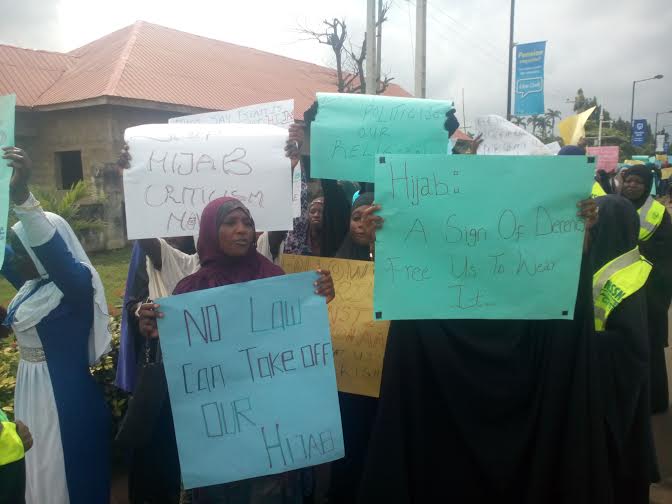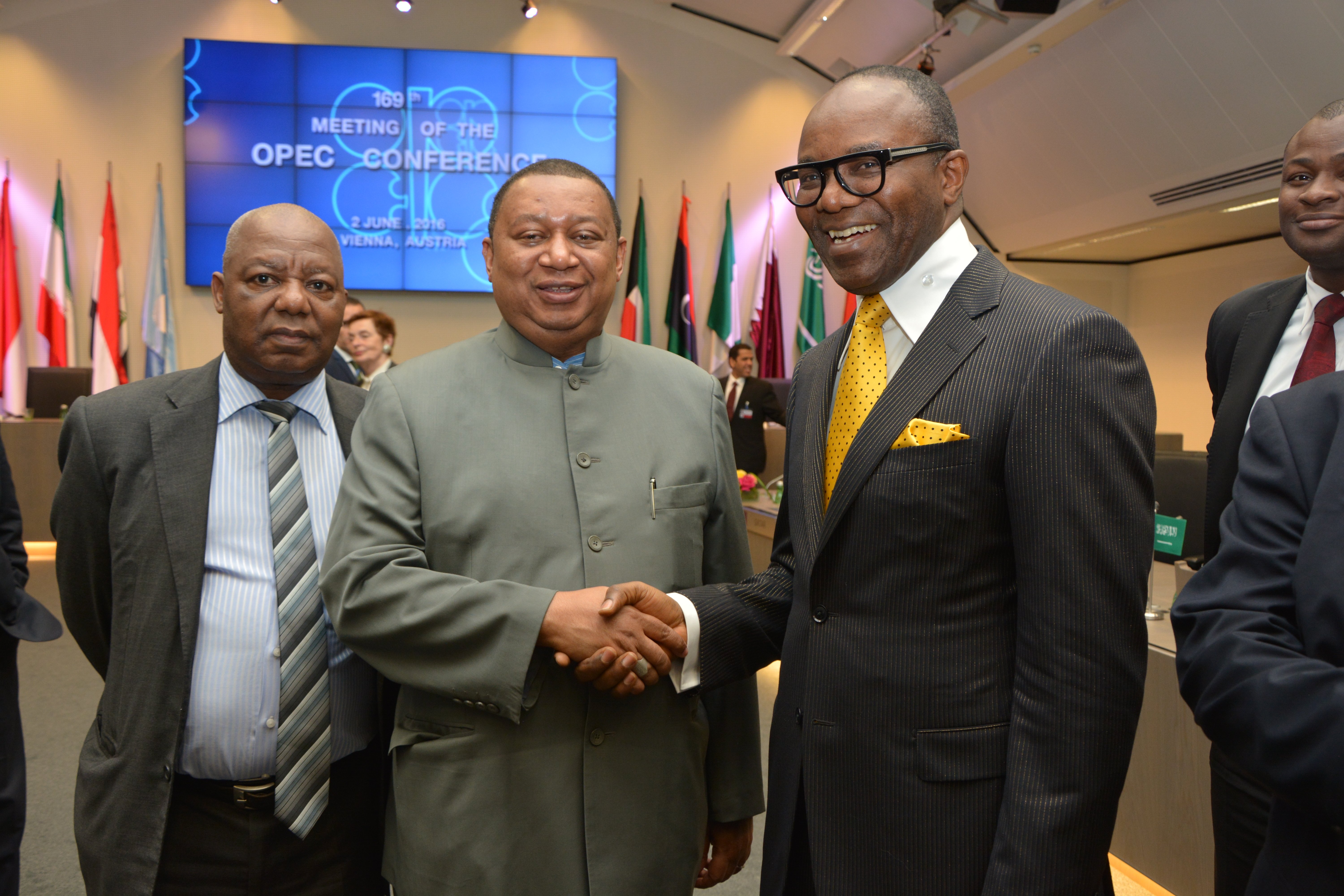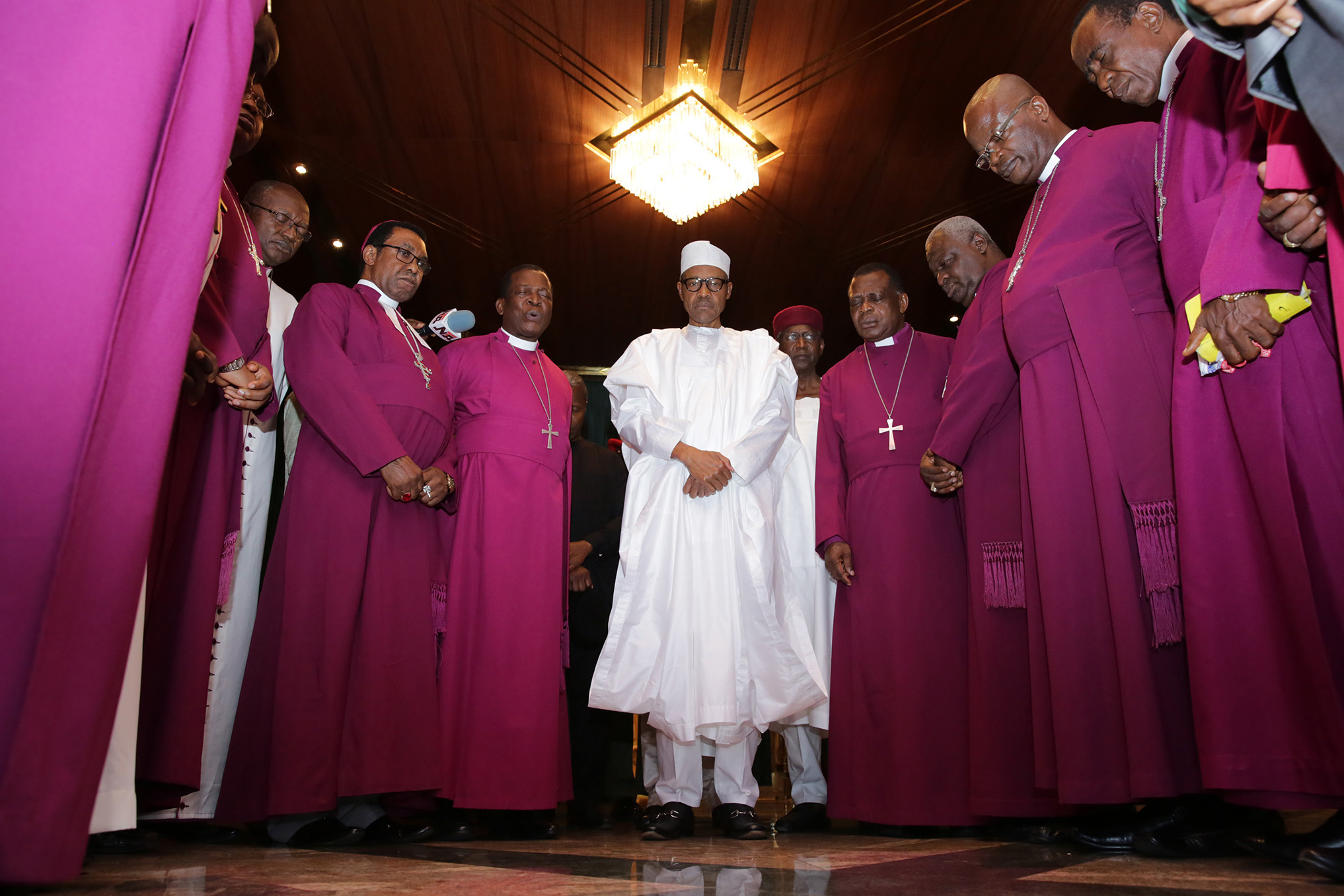Lukman Otunuga, research analyst with FXTM, a leading forex broker specializing in currency, stocks and commodities trading, spoke with TheCable on the Nigeria-China Yuan deal, naira devaluation, recession and the overall state of the Nigerian economy.
Otunuga, whose market analysis is often cited by MarketWatch, CNBC, NASDAQ, Reuters, AFP, The Guardian, Yahoo, and other leading international media, believes the only way out of Nigeria’s economic situation is diversification, but he adds that funding to diversify may also be quite a challenge for Africa’s largest economy.
Otunuga holds a BSc (hons) degree in economics from the University of Essex, UK and an MSc in Finance from London School of Business and Finance, where he studied corporate finance, mergers and acquisitions and the role of international financial institutions.
TheCable: Observing the global market over 14 to 16 months, commodity prices have been falling, and developing African countries have been on the receiving end. How can these countries cope with these realities that are outside their control?
Advertisement
Otunuga: In the past 14 to 16 months of course, the economic landscape has moved dramatically, we’ve seen plunging oil prices which a lot of people didn’t expect. Once upon a time, oil prices were trading above $100, prices went as low as $26.50 early in 2016. Folks know how this has affected Nigeria. It is common knowledge that Nigeria is a heavily an export reliant nation, and most of the government revenue have been through high oil prices, with oil prices falling this would affect the government revenue. Adding this, the dollar has increased.
Even though the dollar is not legal tender in Nigeria, the dollar has a heavy impact. Everything in Nigeria, as you can see right now, when the dollar increases, even the local people increase the price of their produce. So this two things combined has put Nigeria under immense pressure, as we can see Q1 growth has shrunk and there’s been concerns that economic growth in Q2 may shrink. And this will make Nigeria enter technical recession.
What Nigeria can do is to diversify from the (oil) export reliance. Of course, everybody always talk about agriculture, manufacturing, infrastructure. I think the first step Nigeria needs to take as a oil export dependent nation, is to work on its infrastructure. It is notoriously known that Nigeria’s weak infrastructure is one of the main causes that has caused the nation, a slip in growth. If they can fix electricity as you know right now, there’s no electricity anywhere.
Advertisement
What the Central Bank of Nigeria can do, what I expected them to do, we saw that they were deciding, hasn’t been confirmed yet, that they were going to move the N200 band to a flexible rate of N285. Because inflation is still a problem right now, they should have hiked rates to try to reduce the pressure, but they still haven’t done it. What Nigeria could have done. I don’t know If they can still do it. They should have actually fixed, made a foundation where they could have refined their oil.
TheCable: Initially, the CBN governor said in Washington, that the bank was going to hike rates to reduce pressure but they argument they put forth at the end of the day was that they needed time to let earlier decisions “crystallise”. Considering this, do you see the decision affecting the economy positively in Q2, Q3?
Otunuga: Sentiments, a sense of relief dispersed around the market initially when the central bank discussed potentially having to implement a flexible exchange rate, but then they’ve almost calm the market slightly. I think what the CBN were scared about was that if they hiked rates, probably the market could have gone wild. They didn’t know what the reaction was, so in that sense, the uncertainty may build until the next meeting. With uncertainty, people are probably going to offload the naira more, potentially decreasing value until the next meeting.
TheCable: The way the market reacted to the decision of the CBN MPC, was a fall in naira, and rise in stocks, why exactly did that happen?
Advertisement
Otunuga: Simply, its capital, its confidence, so you know the idea that the CBN may do something, the idea that the CBN may devalue, may implement another exchange rate policy cause investors to regain their risk capital and in that short period of time traders were okay, Nigeria could potentially devalue, so people started investing in risky assets.
TheCable: Recently, the president of Nigeria visited China, and we were to have a yuan deal that was going to lift the pressure off the naira. If that deal worked, would it produce what the CBN was preaching at the time?
Otunuga: I saw what the CBN attempted to do, by adding the Yuan to the basket. Its common knowledge that Nigeria export 70 percent of its gods from China, so by this happening, it of course reduce the demand for the dollar and pressure on the naira.
But I think what should be kept in mind is that this is a long term strategy, we are not going to see the effects of this next week. For effects to happen, it’s probably going to take a decade. What my understanding is; if the CBN understood that what they’ve done is actually a long term strategy, rather than a short term strategy in terms of helping Nigeria in 2016, 2017, I don’t really think there’ll be immediate effect.
Advertisement
TheCable: We currently don’t know the state of the deal, do you think Nigeria would be better off without it?
Otunuga: That’s another thing; there’s lack of transparency. Nobody knows anything. Of course we’ve heard that the deal would be forthcoming, but we haven’t really heard. In a sense, it could help Nigeria, but on the short term, you have to understand the Yuan. Of course China is quite notorious of devaluing the Yuan to be export competitive. So in the situation where we have the Yuan in our basket, of course Nigerian businessmen are trading with China, if they devalue the Yuan, that’s going to get us.
Advertisement
TheCable: If the naira were to be devalued, where do you think CBN should put the band?
Otunuga: If the naira is to be devalued, this would have been best done last year October, when Buhari just came. The should have devalued to 230, 240, just above 220. Probably stability would have been in the market, probably that would have even attracted investors as well. But because they kept it so late and because of all the uncertainty, we’ve seen the naira against the Euro, dollar (crash). You have to keep in mind that it is not the CBN that dictates the value of the naira at the black market, it is the people, the sentiment of the people.
Advertisement
As I said earlier, the dollar affects the value of the naira, so as the dollar keeps increasing, of course you know that’s going to hit Nigerians. The Fed may likely hike US rate in Q2, keeping that in mind, don’t be surprised if the naira against the dollar trades to 400 or potentially higher.
TheCable: Based on these revelations, do you advise that the CBN go ahead with devaluation?
Advertisement
Otunuga: This is a very delicate one. It’s going to make it to an extent where the pressure from appreciating dollar, crude oil prices and ongoing concerns of growth for Nigeria does force the CBN to actually devalue the naira to stop a complete breakdown. You have to keep in mind that probably the main reason why President Buhari has been so defiant on devaluation is because Nigeria is an import nation. We import our goods, we don’t export, once you devalue and you do not export, we’re not getting any advantage, because we import, devaluation will only punish the common man.
TheCable: The argument has been that with devaluation comes inflation, but without devaluation we’ve seen inflation.
Otunuga: Even without devaluation, we have seen naira devalued because of the sentiments of the people. I think it’s unfortunate how external movements have had such a strong impact on Nigeria. In a normal economy the movement of another currency, shouldn’t have such adverse impact on the dominant currency, but because everything is so linked to the dollar because we import everything.
TheCable: Is there actually a way out of this economic holocaust?
Otunuga: It’s going to be a very very tough time. I’m not saying it’s a make or break, but it’s a test. As the minister of finance said, Nigeria knows what the problem is, we know the symptom. The symptom of this illness is falling oil prices. To get out of this, we have to diversify, but how do we diversify when government revenues have fallen. How are they going to get the funding? It is a very very tricky puzzle.
TheCable: Based on disruptions in the Niger Delta, Nigeria does not have enough production to fetch 2.2 million barrels of $50 crude per day. What do you see this doing to the economy while Nigeria stabilises?
Otunuga: Unfortunately, the expectations of the 2016 budget to be fulfilled have actually been dwindling down, as we can see renewed militancy in the south, which has curbed Nigeria’s oil production from about 2.2 million to about 1.5, 1.4 barrels per day. To my knowledge, our credit ratings have been slashed as well, so we can’t even get funding. When you put these together, questions are being raised if the budget would even be implemented. It’s a very tough position. All I can say is that Nigeria should brace (up), what is happening right now has forced a lot of people to stay away from oil, speaking of Agriculture, manufacturing, tourism. All of that can be elevated as time goes on. It may be a period of slow down, but eventually, Nigeria should be able to come out of this bubble.
TheCable: The director of CBN Monetary Policy Committee said in Washington earlier in the year that the bank’s policies have kept Nigeria off an IMF loan. He said if Nigeria would approach IMF for a loan, we would have to meet a number of conditions including naira devaluation. With our current credit ratings, do you see us approaching IMF?
Otunuga: It’s a very tough situation. What the IMF has asked is quite a lot. The IMF has asked for naira devaluation and addition things that would make it difficult for Nigeria to pay back. I think we have to wait to see GDP in Q2. I think that would be the main determinant if Nigeria runs to the IMF or if Nigeria braces. Once it is confirmed that Nigeria is in a technical recession, on top of reduced credit rating, where are we going to get the funding from? Investors are not going to loan, capital flight as well, with Nigeria in a technical recession, that could be the trigger for the nation to run to IMF. It’s a tough one, it’s all about timing, had everything that is being implemented now been done last year when things were still okay, probably we’d be singing a different story now, completely different story. Lack of timing, things have taken too long. One could keep optimistic, hope for the best.
Add a comment







